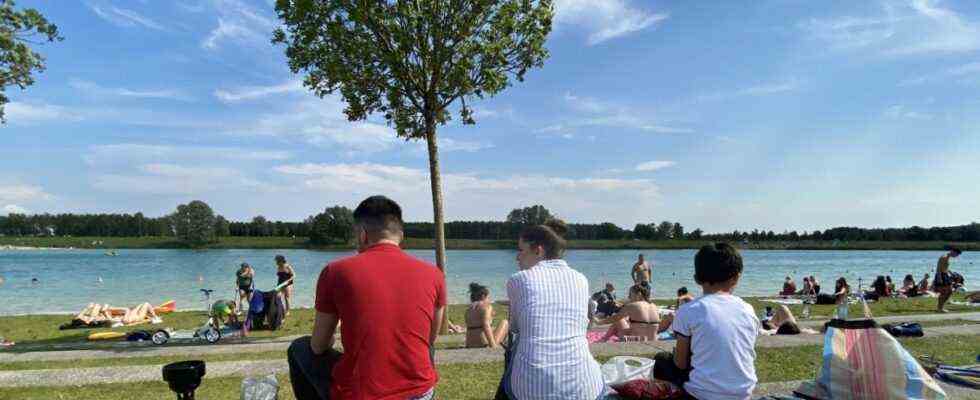As the life of the Syrian refugees in Germany stabilizes, it makes sense to give them a kind of “general opinion”. This is especially true for important events or specific occasions. I am not referring to the opinion on the situation in Syria or the Syrian regime, which is usually clear. I’m interested in the important issues here in Germany or Europe.
The emergence of such public opinion is a sign that the refugees are interacting with their new life and taking a stance on what is going on. It is evidence of some kind of integration, or perhaps a lack of integration.
There are some research centers that deal with refugee issues and some government institutions or NGOs that provide statistics. But it doesn’t seem easy to talk about the refugees’ public opinion. After all, factors can be found that play an important role in the formation of public opinion among refugees in Germany: media channels, intellectuals and activists as well as clergy who contact refugees via Facebook, Youtube, Twitter and Instagram.
worked in Syria as a political correspondent for a major daily newspaper. Because of his critical reporting, the 47-year-old was imprisoned from 2002 to 2004, his ID was confiscated and he was banned from working. After his release, he went to an underground website that was closed by the regime after eight years. During the Arab Spring he wrote under a pseudonym for an opposition newspaper. When it became too dangerous in Syria, he fled to Germany with his wife and two daughters. The family has lived in Berlin since summer 2015. In the SZ, Yahya Alaous writes regularly about “My Life in Germany”.
The vast majority of refugees still express their opinion in their original language, only a few use German to clarify their position on an event or a topic. And when they do so, they are often simultaneously conveying messages to the close circle with whom they are communicating. How the refugees think about German institutions is difficult to verify. This could influence the decisions of German authorities that affect refugees.
Emotionally and based on fear
By following private pages on Facebook, Twitter and other social media, as well as discussions in forums and private groups, I have found that general opinion among refugees is often emotional, word-of-mouth, and fear or lack of Information is based.
Refugees now have a clearer opinion on matters related to their lives in Europe. This applies, for example, to the terrorist attacks in Austria, the crime in Hanau or the decisions of the Danish government about the repatriation of Syrian refugees, because this is simply about their interests.
It becomes unclear when something is less clear, when people need more information to find their position. In this case, the media, activists and the so-called influencers of public opinion play a major role. But who are they in this case?
A terrible crime was committed in France in October 2020. An Islamic extremist murdered a teacher who had shown offensive pictures of the Prophet Muhammad to his students. Such crimes cause many refugees to take a stand because aspects of their lives – such as Islam, asylum, education, fear of extremism – are affected. And because they want to avoid their silence being seen as acceptance or surrender to reality.
Dangerous attitudes
The overwhelming majority of refugees condemned the murder, and stupid attitudes nonetheless emerged, not only on social media, but also in some face-to-face discussions. The victim was blamed for what happened: “If the French teacher hadn’t done that, he wouldn’t have been killed.”
Such attitudes are dangerous, also because they harm the refugees themselves. They are nourished by voices that have an impact on public opinion not only in Germany or Europe, but also in other parts of the world. Something must be opposed to these voices, we must ensure that justice, the rule of law and human life also come above all else for the refugees.
If some refugees do not publicly condemn such a crime, it does not mean that they approve of it. It is more related to the fact that many in their countries of origin remained socially and politically neutral and kept away from public affairs.
Many Germans believe that Turkish public opinion in Germany is in some way connected to President Erdoğan, as he has influence over the imams of the mosques. The Syrian refugees have no such national reference when it comes to their positions; but they are influenced by clerics.
During the pandemic, religious activity on the internet increased to compensate for the face-to-face meetings that were mainly held in mosques and social institutions. Who are the relevant people? What ideas are they spreading among the refugees? That needs to be observed and investigated. It would not be good if public opinion among refugees was influenced too much by unknown currents.

